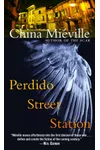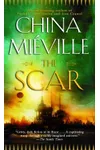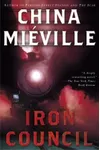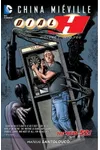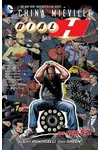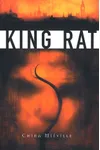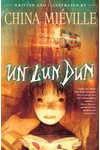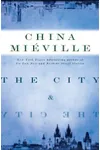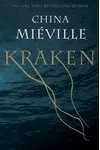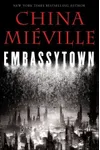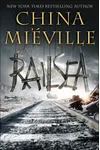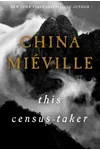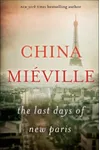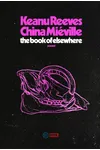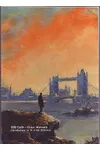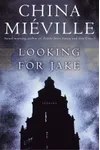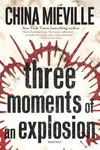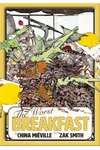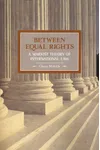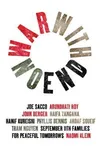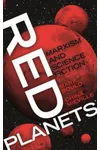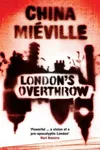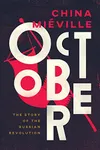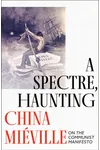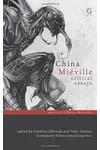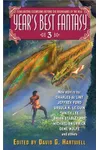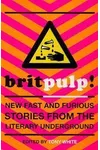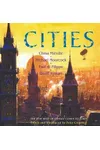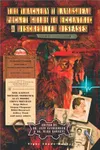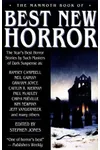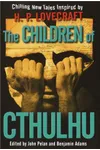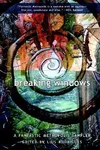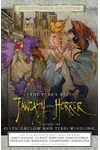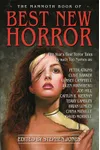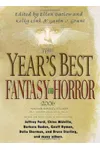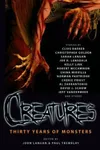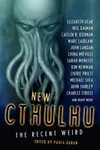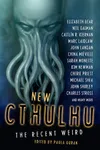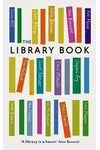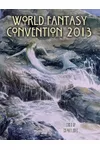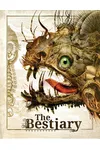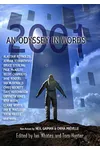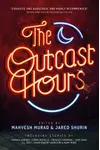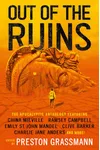Picture a British storyteller who crafts worlds where cities pulse with life and rebellion brews in every shadow—meet China Miéville! Born in 1972, Miéville is the mastermind behind the 'New Weird,' a genre-blending whirlwind of fantasy, sci-fi, and political grit. His lyrical prose and fearless imagination have made him a cult favorite among readers who crave stories that challenge and dazzle.
With a socialist heart and a knack for vivid world-building, Miéville’s novels like Perdido Street Station and The City & The City don’t just entertain—they provoke. Ready to dive into his strange, unforgettable universes? Let’s explore the man and his magic.
The Making of China Miéville
Born in Norwich, England, and raised in London, China Miéville grew up surrounded by books and ideas. His mother, a teacher and translator, sparked his love for storytelling, while his fascination with politics took root early. Miéville studied at Cambridge, later earning a Ph.D. in international relations, blending Marxist theory with his creative pursuits. This intellectual cocktail shaped his writing, which often wrestles with power, class, and resistance.
His career kicked off in 1998 with King Rat, a dark, urban fantasy inspired by London’s underbelly. It was a bold debut, but Miéville was just warming up. His unique voice—part scholar, part dreamer—set the stage for a career that would redefine speculative fiction.
China Miéville’s Unforgettable Stories
Miéville’s breakout novel, Perdido Street Station (2000), introduced readers to New Crobuzon, a sprawling, steampunk city teeming with bizarre creatures and revolutionary undercurrents. This gritty, imaginative epic won the Arthur C. Clarke Award and cemented Miéville’s place in the 'New Weird' movement. Fans adore its blend of grotesque beauty and social commentary.
Next came The Scar (2002), a pirate-filled adventure set in the same universe, where floating cities and oceanic mysteries collide. Then, The City & The City (2009), a mind-bending noir about two cities occupying the same space, earned him Hugo and Nebula nominations. Miéville’s style—lush, cerebral, and genre-defying—tackles themes like surveillance, identity, and rebellion with a poet’s touch.
Even his young adult works, like Un Lun Dun (2007), shimmer with quirky charm, featuring a parallel London where misfits save the day. Whether he’s writing for adults or teens, Miéville’s stories are immersive, challenging readers to question the world around them.
Why China Miéville Matters
Miéville’s impact goes beyond awards (though he’s nabbed plenty, including multiple Locus and Clarke honors). He’s a trailblazer who shattered genre boundaries, inspiring writers to blend fantasy with politics and philosophy. His socialist activism informs his work, making his stories a rallying cry for justice and imagination.
Readers and critics alike praise Miéville for his ability to make the strange feel real. His worlds aren’t just escapism—they’re mirrors reflecting our own struggles. From academic circles to fandoms, Miéville’s influence endures, proving speculative fiction can be both thrilling and profound.
- Born: September 6, 1972, Norwich, England
- Key Works: Perdido Street Station, The City & The City, The Scar
- Awards: Arthur C. Clarke Award, Locus Award, Hugo Award nominee
- Fun Fact: Miéville once ran for Parliament as a socialist candidate!
About China Miéville
Snag Perdido Street Station and dive into China Miéville’s wild, thought-provoking New Weird! Trust us, your bookshelf will thank you.
